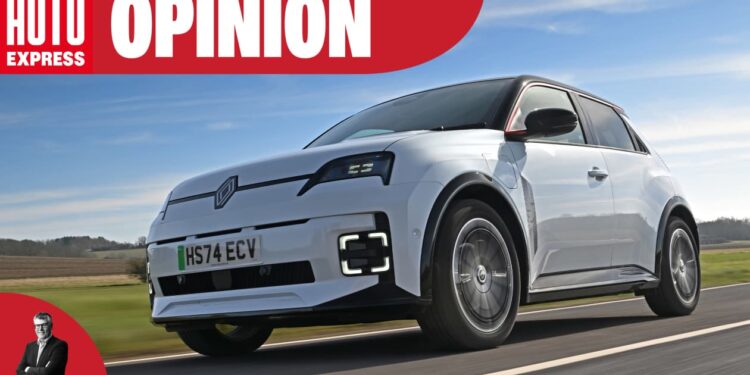The car industry waving goodbye to Renault’s inspirational boss Luca de Meo, the man behind a turnaround that now has the firm producing some exciting and desirable cars in a way no-one could have predicted five or 10 years ago, got me thinking about the importance of charismatic leaders.
My last interaction with de Meo was at the Paris show last year, where a room full of journalists was kept waiting for 45 minutes after the sudden arrival of the French President on the Renault stand required de Meo’s presence there. The atmosphere in the room switched immediately on his belated arrival, going from bored disgruntlement to instant attention on an intelligent, articulate and sharp man who had a room of cynical journalists hanging on his next word.
But we’re always looking for what comes next, and it’s an interesting time now with Stellantis’s brands under the command of former Jeep CEO Antonio Filosa, who has replaced Carlos Tavares, while Cupra/SEAT is reeling from the shock departure of Wayne Griffiths less than three months ago.
The European car industry is left looking for a figurehead to act as a mouthpiece, too, specifically in the face of an increasing threat from China’s ever-improving and more technologically impressive cars. Tavares and De Meo didn’t regularly agree on the direction, but they were the two main go-to vocal advocates for the industry and how it should plot its way forward. It will be interesting to see who takes up that mantle, but at the moment, the challenge to be profitable, competitive and offer an appealing line-up of cars people want to buy is as difficult as at maybe any other point in history.
Once these new bosses are all in place, they will have some tough decisions to make. It’s a delicate balance between pragmatic conservatism and boldness and excitement. De Meo’s move to bring back the Renault 5 has gone well so far, and his pathway for Alpine to become a more appealing performance brand will play out over the coming years, and could go either way. New leaders bring new directions, so I wonder what excitement is to come when the next batch get their feet under the desk and start plotting a way through the automotive minefield of the coming years.
Now you can buy a car through our network of top dealers around the UK. Search for the latest deals…


